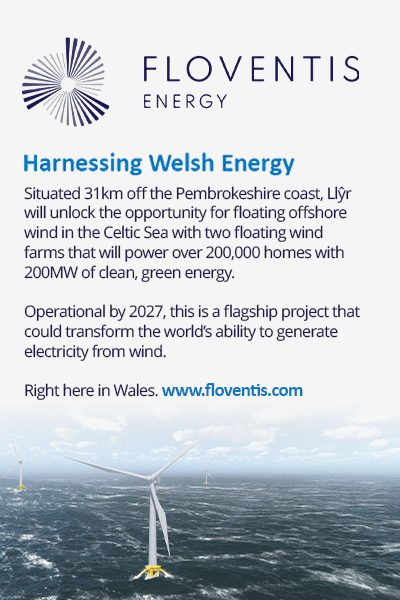
A Cardiff company is using discarded coconut residues to create a prototype of an eco-friendly alternative to paper packaging.
Woodfree Ltd – set up by brothers Gurpreet Singh and Arjundeep Singh – aims to reduce deforestation caused by the use of wood to produce paper for packaging.
They have been researching non-wood sustainable materials which could help, and identified coconut husk as an option.
Woodfree is working with Bangor University’s Biocomposites Centre to turn coconut husk into a sustainable feedstock ideal for producing low-cost fibres for a range of applications, including paper and packaging materials.
The company is now taking its research to the next level thanks to an Innovate UK Transformative Technologies grant.
Gurpreet and Arjundeep approached Bangor University’s Biocomposites Centre to work on a small commercial project in order to scale up the work and use the centre’s scientific expertise in bio-based alternatives to synthetic materials in manufacturing and industry to find out whether the project had potential to be commercialised.
Gurpreet said:
“We are very glad to be working with the team at the Biocomposites Centre on this. Together we’ve processed something in the region of just under a ton of waste coconut husks, making them into fibre and then assessing this pulp in terms of strength, durability, mouldability, reaction to water and stack-ability – all very important practical considerations in making the product ready for the market. We’re now at the stage where we’re producing prototype packaging such as trays and punnets that can be used to showcase what could be produced using these fibres.”
Dr Rob Elias from Bangor University’s Biocomposites Centre said:
“Coconut is grown all around the world for its flesh and oil, and this leaves behind a husk that more often than not is left to rot or, in the worst-case scenario, burnt. This can create all kinds of problems in the regions where coconut is grown such as Sri Lanka and India, including those associated with human health, such as malaria. We also know that we are still overdependent on plastic packaging and the harm this does to our planet.
“It therefore makes sense to try and find an alternative use for the coconut husk from both a social and environmental perspective. Through a process of research and development, working alongside us here at the Biocomposites Centre, Woodfree have developed a way of extracting cellulose fibres from the coconut husks and named it Eco-Pulp.”
A spokesperson for Bangor University Biocomposites Centre said:
“It’s great to be working with the Woodfree team as they are highly motivated and have a real vision for using science and innovation to put something good back into the world. Getting to help them develop their ideas is really exciting, and having the support of the Innovate UK grant has helped speed up the development phase. Funding like this is critical to help SMEs develop their ideas, in this case with the ultimate goal of expanding manufacturing capability here in the UK.”




